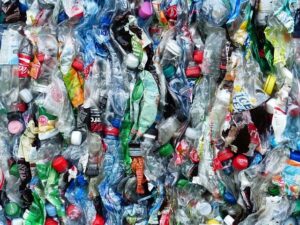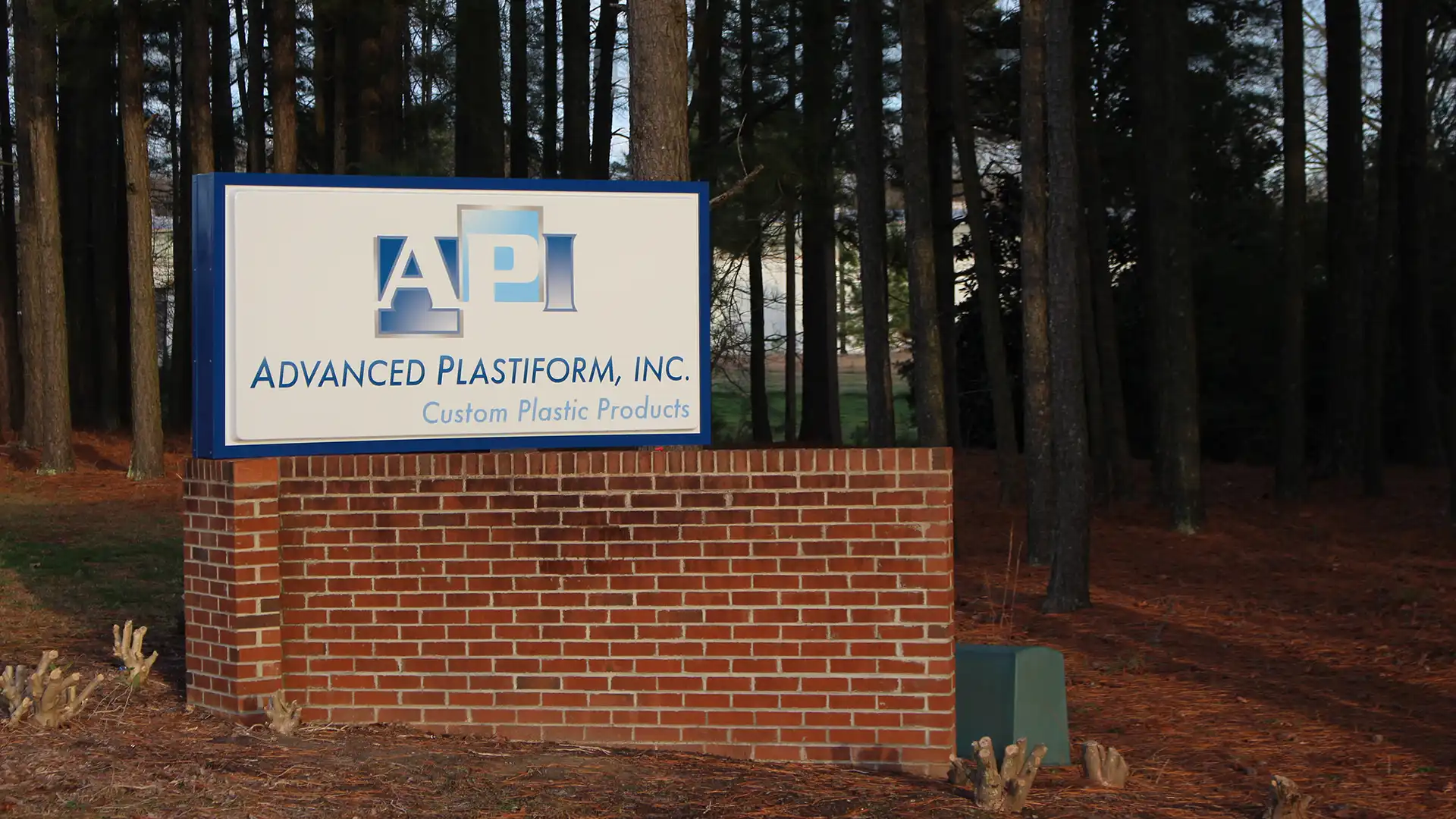Injection molding is a process we use at our plastics manufacturing facility to mold and…

With environmental concerns on the rise, innovations in plastics tend to be focused on sustainable options. Bioplastic is often touted as being an earth-friendly material that offers the benefits of plastic while still being compostable and is now used to make bags, food packaging, and disposable cups and flatware. But is it really as eco-friendly as manufacturers and marketers say it is? Our injection molding company in North Carolina is taking a closer look at whether bioplastics really are better for the environment.
What Are Bioplastics?
Traditional plastics are polymers whose raw materials are derived from fossil fuels. Bioplastic, on the other hand, falls into two different categories:
- Plant-based plastics made from starch, cellulose, or lactic acid;
- Biodegradable plastics which can be broken down by microbes in certain conditions over a reasonable period of time.
While some plant-based plastics are biodegradable, not all are, and not all biodegradable plastics are made from plant based materials. In fact, polyethylene (PET) used to make water and soda bottles can actually be quickly broken down by optimized enzymes, making it a biodegradable plastic. Because we've already focused on biodegradable polyethylene, we wanted to focus the majority of our research on plant-based plastics, specifically polylactic acid.
The Properties of Polylactic Acid
One of the most common bioplastics is polylactic acid (PLA), which is used to make transparent, disposable cups, shopping bags, and even medical devices. Its properties are similar to polypropylene, polyethylene, and polystyrene - it's a thermoplastic that is hard, impact-resistant, and lightweight primarily, while it's low melting point makes it an alternative material in 3D printing. What separates it from traditional plastic is that it's biodegradable, which is making it an attractive option to thermoforming and injection molding manufacturers.
Is PLA an Eco-Friendly Bioplastic?
PLA is made from lactic acid derived from potato or corn sugar, so its raw materials aren't derived from fossil fuels. On the surface, this sounds optimal, but when you dig a bit deeper, you have to factor in that in order to grow the corn or potatoes, you need farmland, which is becoming increasingly valuable as climate change affects growing seasons and crop success. Diverting farmland to PLA farming could lead to food shortages.
Also, PLA is touted as being recylable, biodegradable, and compostable, but the truth is a bit more complicated than that. When most people think of something that can be composted or is biodegradable, it will break down quickly into a harmless material or even something that will benefit the earth, like paper.
Under the right conditions, PLA is compostable, but it requires industrial composting conditions, including temperatures over 136° F and 100 percent humidity. While a home composting bin can get the job done, it takes six months at least, plus, it has a high pH, increasing soil acidity which can affect the soil quality. The problem is that most people who buy a product made from bioplastic (or is in bioplastic packaging), it ends up in the trash, and whether it ends up in the water or in a landfill, it doesn't break down, creating a similar problem to standard fossil fuel-based plastics.
Finding the Right Solution for Eco-Friendly Plastics
So, are bioplastics good or bad?
In the case of PLA, this can be an excellent material used in single use packaging, like a water bottle. However, the consumer needs to be informed of proper disposal methods - preferably recycling or personal composting. For long-term plastic components, traditional polymers are still more durable, long-lasting, and affordable to manufacture and maintain, making them the right choice for most uses.
Get a Free Quote for Custom Plastics and Injection Molding
At API, we are dedicated to innovations in plastic and determining the best materials and production methods that will meet our customers' needs. As advances in bioplastics, recycling, and other methods take place, we look forward to seeing how we can incorporate them in our company.
If you’re interested in having custom plastics manufactured for your company, reach out to our team today. Our injection molding company works with all types of industries in the Southeast and Mid-Atlantic, including North Carolina, South Carolina, Pennsylvania, Maryland, Tennessee, Georgia, and Virginia.

